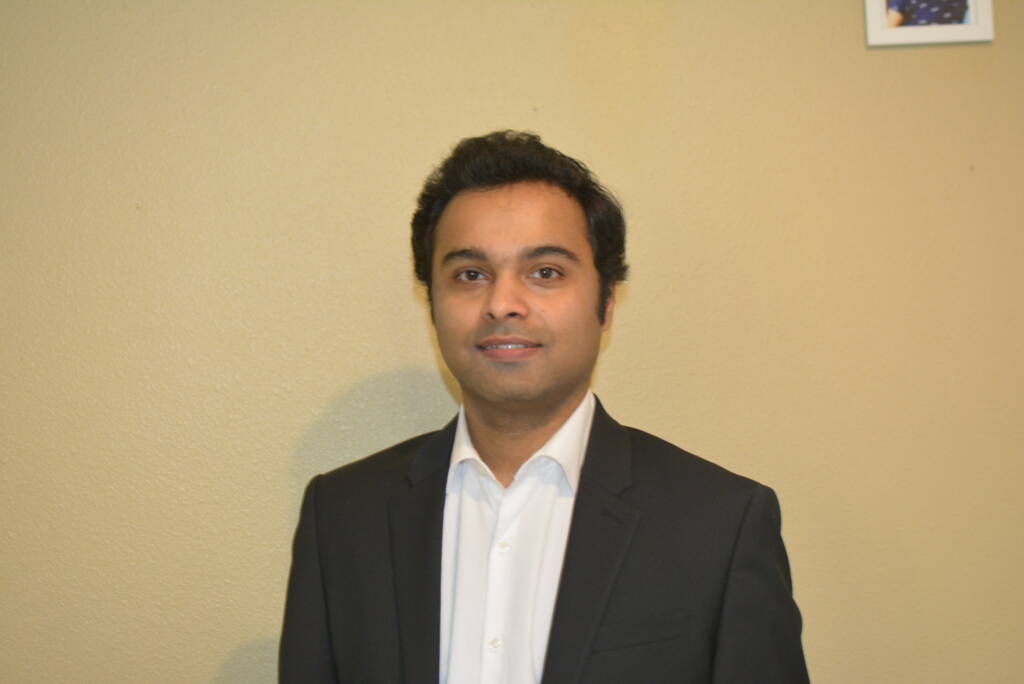Enterprise Resource Planning (ERP) systems have become indispensable tools for organizations seeking to optimize their financial operations, enhance data integrity, and empower strategic decision-making. By integrating advanced reporting and analytics, ERP solutions enable companies to unify disparate data sources, streamline financial reporting processes, and provide real-time insights that are critical for effective decision-making. These systems not only improve operational efficiency but also play a pivotal role in maintaining accurate financial records and compliance with regulatory standards.
The evolution of ERP systems has introduced powerful capabilities in managing financial data, reducing errors, and automating routine tasks that were traditionally time-consuming and error-prone. The implementation of common Enterprise Data Warehouses (EDW) that consolidate information from various financial systems like Oracle General Ledger, Anaplan, Oracle Data Relationship Management (DRM), and Hyperion Financial Management (HFM) has been a game-changer. Coupled with sophisticated visualization tools like Tableau, these integrated systems offer organizations a cohesive view of their financial performance, enabling more reliable reporting and strategic forecasting.
Thejas Prasad’s Achievements and Impact on ERP Financials Implementation
Thejas Prasad, an Oracle ERP Financials Functional Architect, has made significant contributions to the field, having played critical roles in multiple large-scale ERP Financials implementations and upgrade projects across India, Mexico, and the United States. His expertise spans key ERP Financials modules, including General Ledger, Fixed Assets, Payables, Receivables, and Cash Management. Prasad’s consistent achievement of Oracle ERP Expert level certifications underscores his deep knowledge and commitment to excellence in this domain.
Through his involvement in implementing and upgrading ERP systems, Prasad has been instrumental in creating a unified financial data environment that enhances the consistency and reliability of financial records. His work on establishing a common EDW has significantly transformed the reporting capabilities within organizations, delivering tangible benefits such as improved data integration, enhanced reporting accuracy, and real-time insights that empower financial analysts and decision-makers.
Driving Operational Efficiency and Strategic Planning
His implementation of automated data extraction and transformation processes has minimized manual intervention, reducing errors and saving valuable time. By centralizing financial data from various sources into a single repository, Prasad has enabled organizations to produce accurate, reliable, and timely financial reports with ease. This not only improves operational efficiency but also provides stakeholders with the insights needed to make informed strategic decisions.
The EDW’s integration of budget data with actual financial performance metrics allows organizations to conduct detailed scenario analyses, aiding in strategic planning and forecasting. Advanced visualization tools like Tableau offer dynamic, interactive dashboards that enable users to drill down into data for a deeper understanding of financial trends, enhancing the ability to respond swiftly to emerging challenges and opportunities.
Overcoming Challenges and Delivering Quantifiable Results
One of the biggest challenges Thejas addressed was the complexity of consolidating data from diverse financial systems, which often led to inefficiencies and inconsistencies in reporting. By designing a streamlined ETL (Extract, Transform, Load) process that brings data from Oracle ERP, HFM, DRM, and Anaplan into a centralized EDW, Prasad successfully overcame these obstacles. This integration has not only improved data governance but also enhanced the organization’s ability to maintain a high standard of financial analysis, resulting in significant cost savings and increased productivity.
His innovative approach has yielded quantifiable results, including significant reductions in time spent on manual data handling, increased accuracy of financial reports, and improved decision-making capabilities. The integration of advanced reporting tools has empowered financial analysts to focus on higher-value tasks, such as strategic analysis, rather than the laborious process of data reconciliation.
Insights and Future Trends in ERP-Driven Financial Management
Thejas Prasad’s work highlights the critical role of ERP systems in modern financial management. As organizations continue to navigate complex financial landscapes, the integration of advanced analytics and reporting capabilities within ERP solutions will be key to driving operational efficiency and strategic growth. Thejas foresees a future where ERP-driven insights not only enhance financial reporting but also provide a foundation for predictive analytics, enabling organizations to anticipate market shifts and adjust their strategies proactively.
His contributions to the field serve as a testament to the transformative power of ERP systems, illustrating how technology can elevate financial decision-making and set new standards in data integrity and strategic planning. As ERP technologies continue to evolve, professionals like Thejas Prasad will play a pivotal role in shaping the future of financial management, ensuring that organizations can leverage their data to make more informed and impactful decisions.
